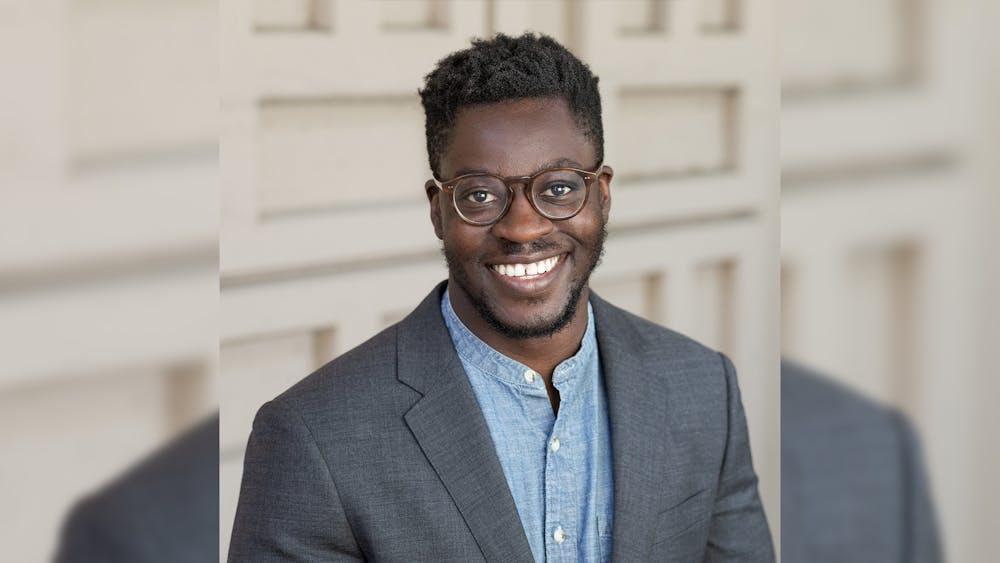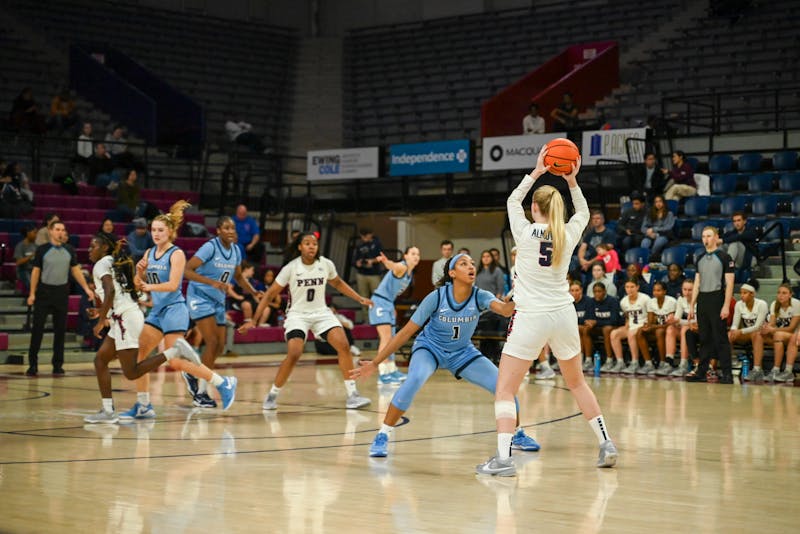
Mechanical Engineering and Applied Mechanics professor Ottman Tertuliano received a 2024 National Science Foundation CAREER Award to support his research objectives (Photo Courtesy of Penn Today).
Mechanical Engineering and Applied Mechanics professor Ottman Tertuliano received a 2024 National Science Foundation CAREER Award for his research on nanoscale bone fractures and the external forces that influence how they break.
The NSF CAREER Award funding will support Tertuliano’s research objectives, including graduate student projects and a broader initiative to make his work more accessible. Through Penn’s Laboratory for Research on the Structure of Matter, Tertuliano will host a local high school teacher in his lab in an effort to translate his team’s research into a curriculum designed for K-12 students.
Nanoscale bone fractures are tiny cracks that develop within the fundamental structures of bone — such as collagen and minerals — that occur at the nanometer scale. Unlike fractures observed through x-rays, which occur on a larger scale, nanoscale fractures influence how bone absorbs and distributes forces over time.
When exposed to repeated stress from activities such as walking, running, or jumping, the nanostructure of bone adapts to slow down or prevent fracturing. However, if microscopic cracks accumulate faster than the bone can repair them, they may develop into larger, more severe fractures.
By studying these fractures at the nanoscale, Tertuliano observes how bone interacts with external forces in real time. Using ultrafast synchrotron x-ray imaging, researchers can slow down and analyze crack growth, watching how nanoscale obstacles within bone mitigate fracture progression.
The Tertuliano Lab aims to investigate the relationship between tissue mechanics and microstructure — with the broader goal of advancing clinical therapies that improve tissue health and developing synthetic materials that enhance a treatment’s durability.
Tertuliano’s research group employs advanced nanoscale and microscale experimental mechanics to study how tissues respond to physiological forces. By combining this approach with emerging developments in the manufacturing field, the group hopes to design materials that actively interface with the human body and contribute to advancements in regenerative healthcare.
Tertuliano moved from Benin to the US in 2001 and graduated from Columbia University with a bachelor’s degree in Mechanical Engineering in 2013.
“In graduate school, my advisor received an email from a high school student wanting to do research in our lab for free,” Tertuliano said in an interview with Penn Engineering Today. “That moment opened my mind to the kind of privileges certain students have. I want to make those opportunities more accessible, especially to those who wouldn’t normally be able to use their summer in this way. I’m very excited to use this grant to remove the financial burdens these students can face and enable them to explore their curiosity.”
Tertuliano has previously taught the courses “Mechanics of Solids” and “Mechanics of Adhesion and Fracture” at Penn. For the next five summers, Tertuliano will also host a high school student from the Philadelphia Mütter Museum’s STEM program, which provides science opportunities to local students from underserved communities.
The Daily Pennsylvanian is an independent, student-run newspaper. Please consider making a donation to support the coverage that shapes the University. Your generosity ensures a future of strong journalism at Penn.
Donate









